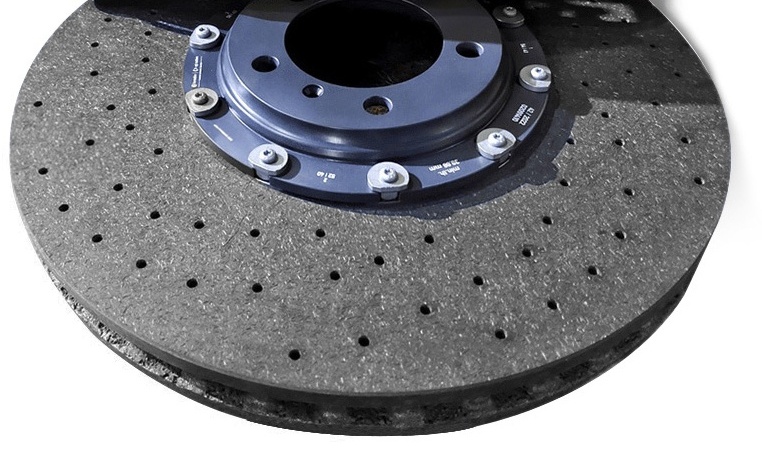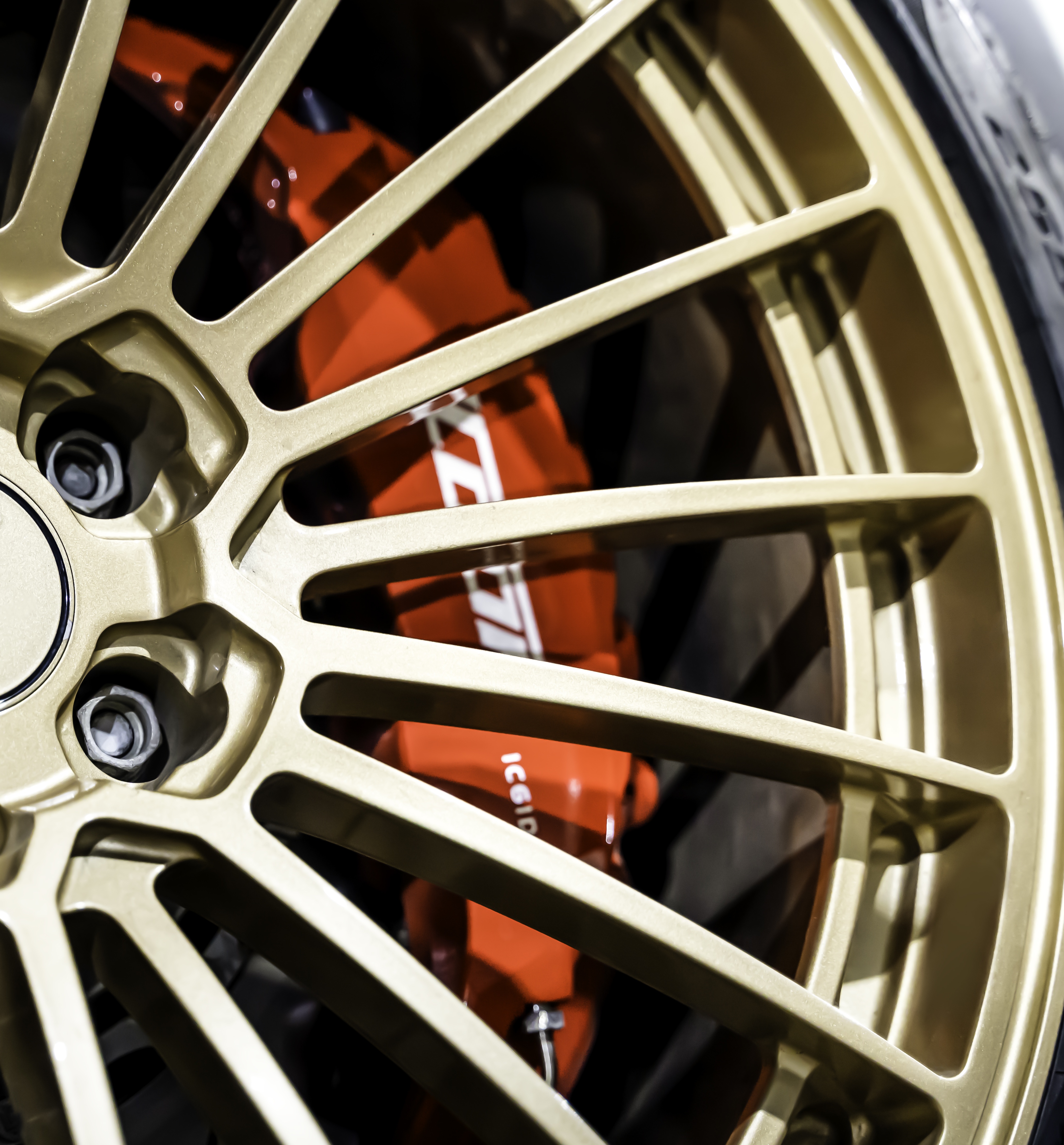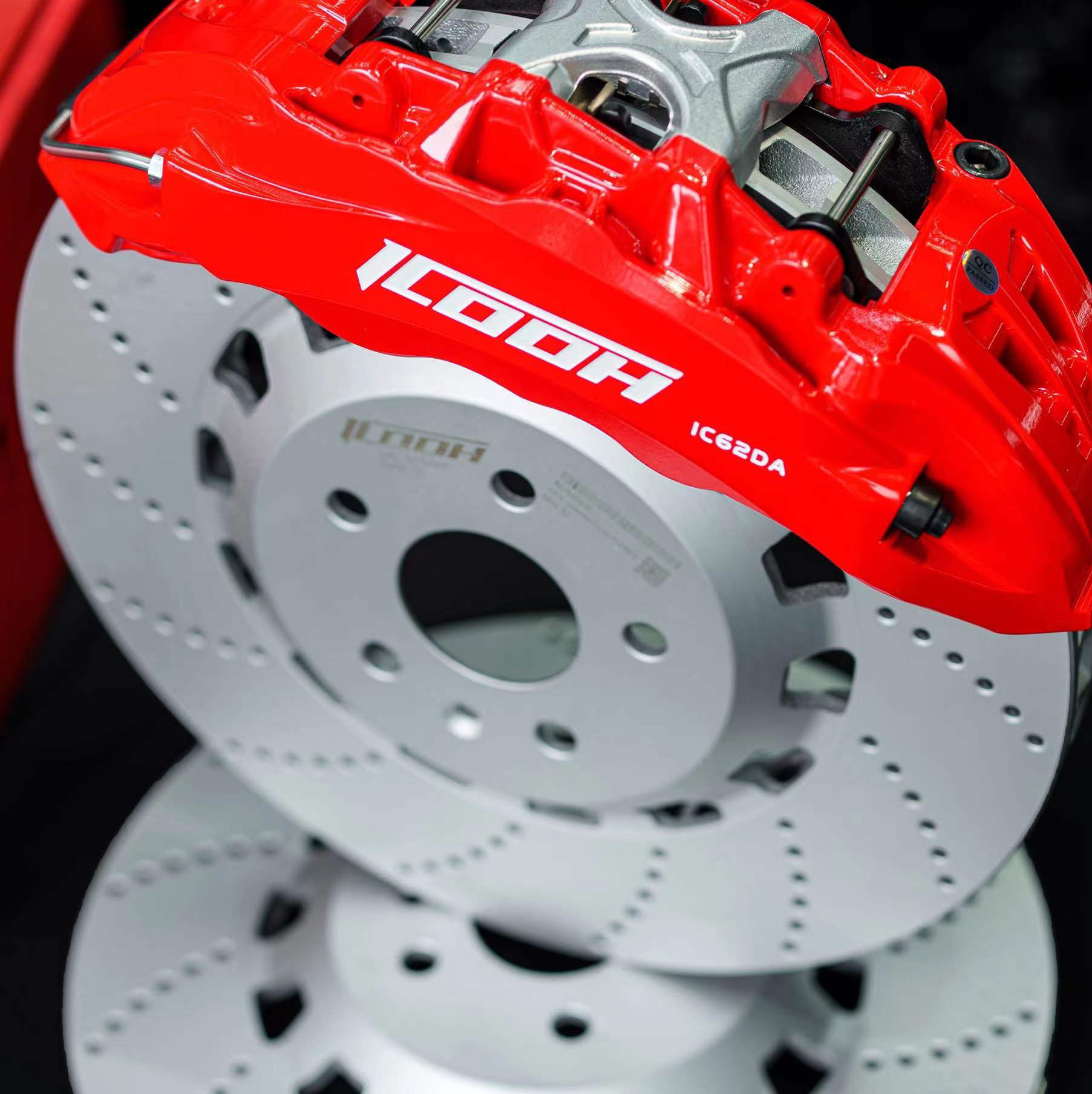Understanding Brake Problems Through Brake Noise
When peculiar sounds emanate from your brakes, they often signify underlying issues requiring attention. Here's a breakdown of various noises and their potential implications:
1. Squealing or Screeching Noise: Such noise typically indicates worn-out brake pads. Thorough inspection and replacement, if necessary, are imperative to maintain optimal braking performance and ensure vehicle safety.
2.The grinding or growling noise you hear when braking often means your brake pads are significantly worn down. This leads to metal rubbing against metal, which can damage both the pads and rotors. To prevent more damage and keep your brakes working well, it's important to replace both the pads and rotors right away.
3. Clicking Noise: Clicking noises during braking may point to loose or damaged brake components, such as caliper bolts. Identifying and rectifying any loose or damaged parts is crucial to prevent intensify of brake issues.
4. Continuous squeaking while driving, regardless of brake use, may indicate problems with brake calipers or wheel bearings. Having a professional inspect for safety is advisable.
5. Whining Noise: The presence of a whining noise, particularly during high-speed braking, may signal worn brake pads or warped rotors. Inspection of brake components and timely replacement, if warranted, are essential to maintain braking efficiency and ensure vehicle safety.
Neglecting brake issues can worsen and jeopardize road safety. If unsure about the noise source, it's advisable to seek a professional mechanic's evaluation for proper diagnosis and resolution, ensuring vehicle safety and functionality.











